Elections
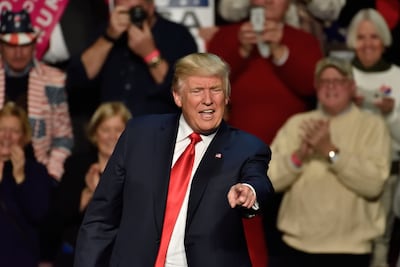
Many speakers at the Galien Forum were uncertain about changes the new Trump Administration could make the Inflation Reduction Act (IRA), National Institutes of Health funding and other areas.

Pink Sheet reporter and editors discuss potential changes that the incoming Trump Administration could make to the FDA, as well as worries about political interference in decision-making, and policy and staffing changes.

Former Trump adviser Tomas Philipson anticipates the FDA will undergo a deregulatory push during President Trump’s second term and emphasize speeding drugs to market.

Despite the recent anti-vaccine rhetoric in the final weeks of the Trump campaign, pulling an established safe and effective product off market would be difficult. But there’s little to stop political interference in approvals.
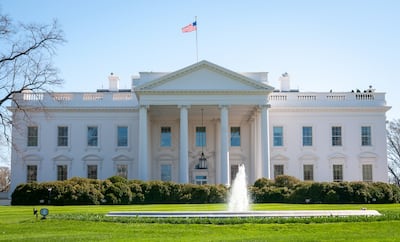
Drug pricing policies, M&A oversight, FDA and HHS leadership, the Biosecure Act and tariffs are among the issues pharmaceutical manufacturers will be closely watching under a second Trump Administration.

With Chair Lina Khan expected to exit the commission, the incoming administration may consider elevating one of the Republican commissioners on the panel to succeed her, at least on an acting basis.
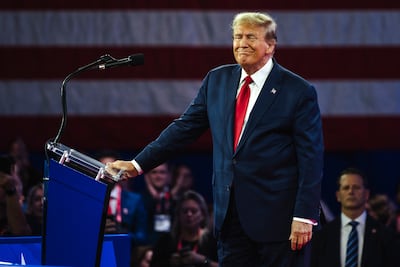
While election results are not complete, prospects improve under new regime for 340B program reforms, PBM legislation, and Inflation Reduction Act drug pricing revisions. But immediate priorities for Congress and the new president will be elsewhere.

OCE Director Rick Pazdur celebrated 25 years at FDA by moderating a panel of five former commissioners. Topics included political challenges with the job and the ‘most memorable’ controversy they faced while in office.

PBM reform likely will remain a priority no matter which party controls Congress, but experts differ on the party that likely would be harder on the industry.
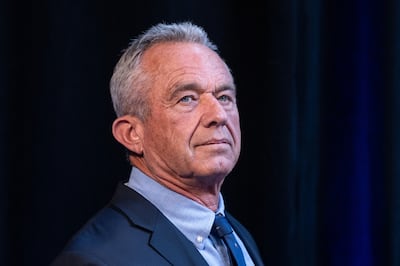
Republican presidential candidate Donald Trump says he will let Robert F. Kennedy Jr. “go wild on medicines” if he wins the White House. That could spell challenges for the US FDA in 2025.
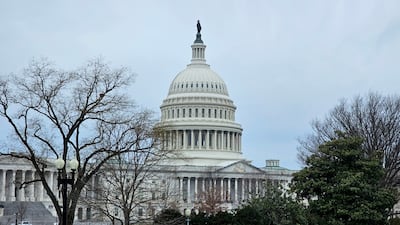
Some of the industry’s biggest challenges, and potential solutions, were hot topics at the BioFuture conference in New York.
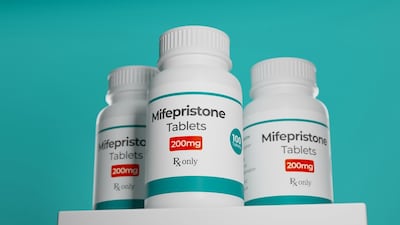
The outcome of the November presidential election may impact whether the government is willing to defend FDA's relaxation of the mifepristone REMS. The case poses risks for the broader drug approval process.
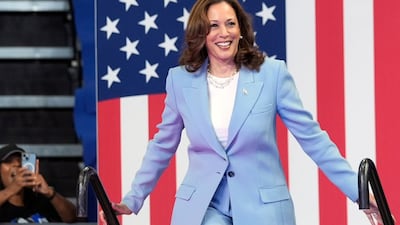
Neither Kamala Harris nor Donald Trump mentioned drug pricing reforms in their presidential convention speeches.

The agency is clearly on the radar of former President Trump and his new coterie of tech moguls.
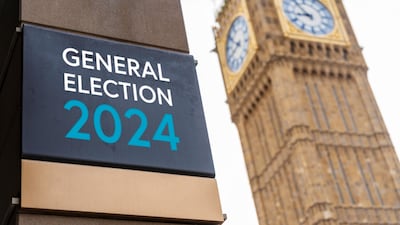
With the 4 July UK general election less than two weeks away, the Pink Sheet looks at the manifestos published by the major political parties and finds pledges to drive innovation, boost clinical trial activity and speed up regulatory procedures.
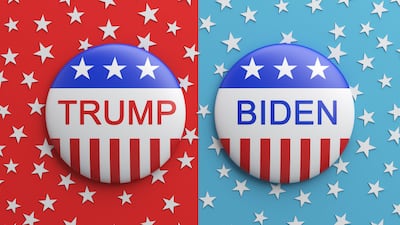
While more significant reforms are less likely under a second Biden term unless Democrats control both chambers of Congress, former President Trump could look to put his stamp on drug pricing reform by resurrecting one of his former policies involving international reference pricing and Medicare Part B drugs.

Infographic details who gave what to whom as all segments of the US healthcare industry gear up for the presidential election cycle.
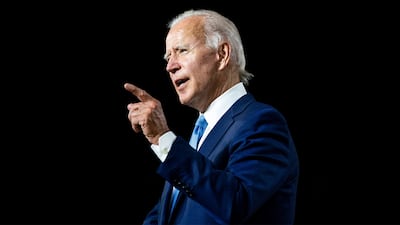
President Biden’s call to expand the US Medicare price negotiation program is naturally making headlines from his campaign-year State of the Union Address. But his call for a national cap on co-pays could be an important opportunity for industry in the years to come.

The opposition Labour Party’s life sciences plan aims to make the UK a “frontier market” for innovative products, including cell and gene therapies.

Former Trump advisor Joe Grogan discusses what might be in store for the biopharma industry if the former president is re-elected in 2024.